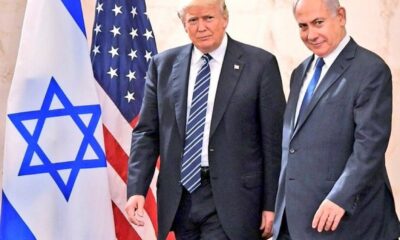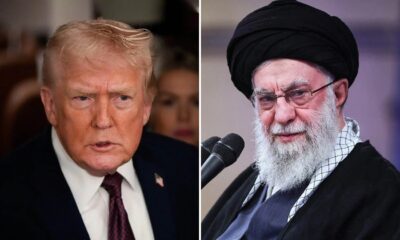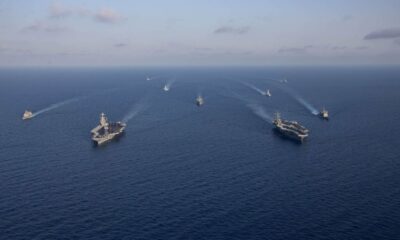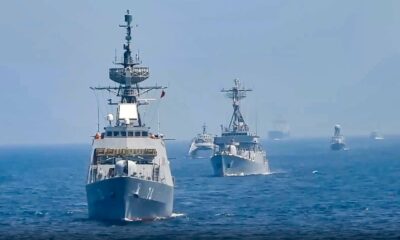News
Ramaphosa: ‘Dialogue, Not Bombs’, SA President Calls for De-escalation After US-Iran Strikes
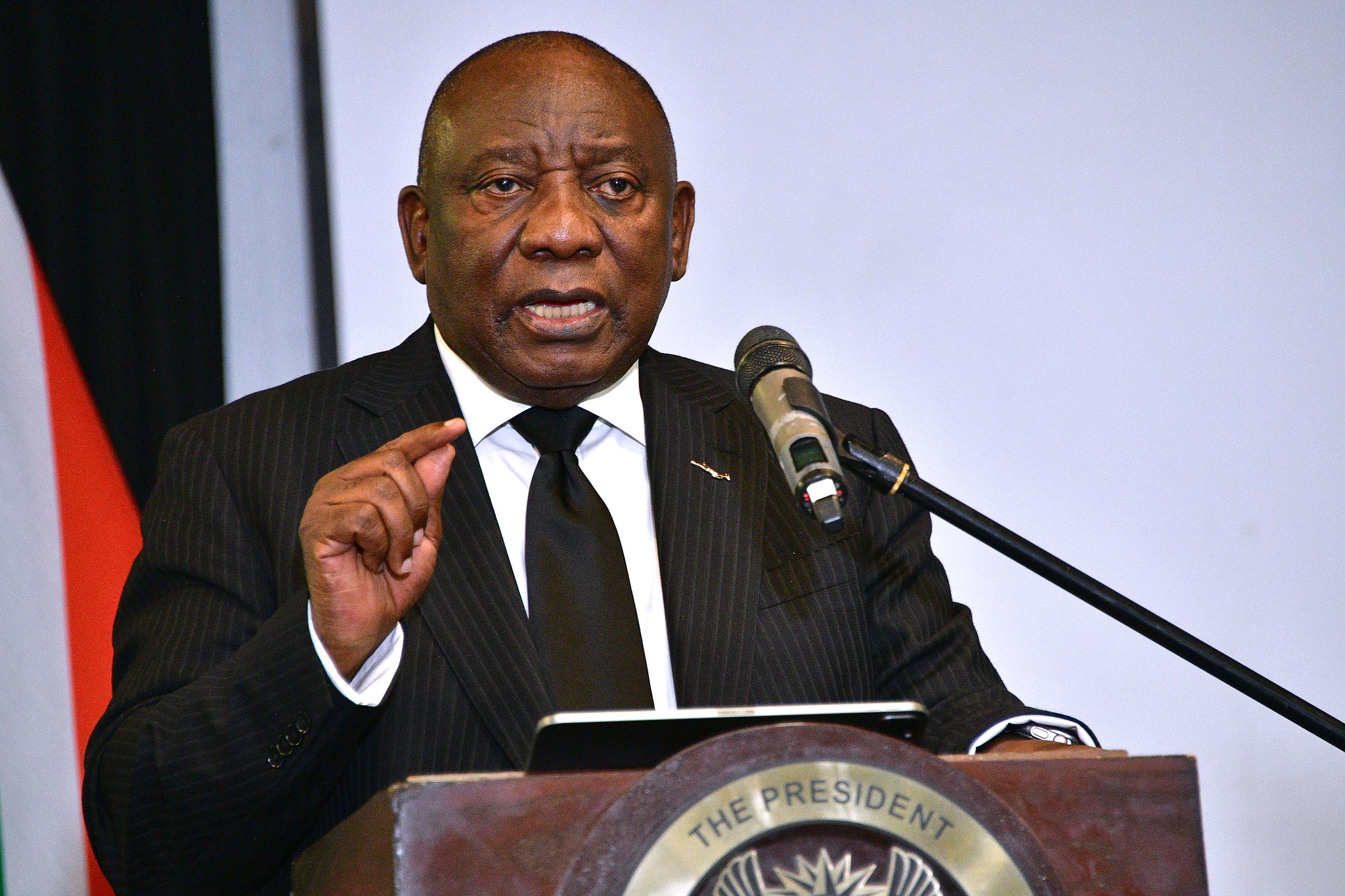
With missiles flying and rhetoric hardening, South Africa urges a return to diplomacy to avoid a global catastrophe
President Cyril Ramaphosa has called for restraint and urgent dialogue in the wake of the United States’ dramatic entry into the escalating conflict between Israel and Iran, saying he had hoped Donald Trump would use his global clout to broker peace, not war.
In a measured but firm statement released by the Presidency on Sunday, Ramaphosa expressed South Africa’s “great anxiety” over the aerial strikes launched by the US on three of Iran’s most sensitive nuclear facilities.
Hope for Peace, Met with Missiles
Just hours earlier, former US President Trump confirmed the strikes on Fordow, Natanz, and Isfahan, claiming the sites had been “completely and totally obliterated” using bunker-buster bombs. Trump warned Tehran of further attacks unless Iran “makes peace.”
But Ramaphosa’s spokesperson, Vincent Magwenya, said South Africa had hoped for a very different use of American influence.
“It was South Africa’s sincerest hope that President Donald Trump would use his influence and that of the US government to prevail on the parties to pursue a dialogue path,” Magwenya said.
SA’s Call: Let the UN Lead the Way
Reiterating South Africa’s long-held stance on conflict resolution through multilateralism, Ramaphosa urged the United Nations to take the lead in de-escalating tensions and verifying Iran’s nuclear capabilities.
“South Africa calls on the United States, Israel and Iran to give the United Nations the opportunity and space to lead on the peaceful resolution of the matters of dispute,” Magwenya added.
The Presidency also stressed the importance of allowing the International Atomic Energy Agency (IAEA) to continue its work inspecting Iran’s nuclear programme.
Iran Promises Retaliation
But while South Africa appeals for diplomacy, Iran’s leadership has vowed vengeance.
Foreign Minister Abbas Araghchi slammed the US attack as “unforgivable,” asserting Tehran’s “legitimate right to self-defence.” Meanwhile, Supreme Leader Ayatollah Ali Khamenei broke his silence on social media, declaring:
“The punishment will continue,” in reference to Iran’s retaliatory strikes on Israeli targets.
Conflicting Signals from Washington
Adding confusion to the global response, the White House, Pentagon, and Trump himself delivered mixed messages on US intentions.
Vice President JD Vance claimed the US was “not at war with Iran, we’re at war with Iran’s nuclear programme,” while Defense Secretary Pete Hegseth insisted there was no regime change agenda.
Yet Trump undercut both statements hours later on Truth Social:
“It’s not politically correct to use the term ‘regime change’… but if the current Iranian regime is unable to MAKE IRAN GREAT AGAIN, why wouldn’t there be a regime change?”
That inconsistency has raised global concern, not just about US objectives, but about the unpredictability of American involvement in the region.
No Radiation, But Plenty of Fallout
Meanwhile, the IAEA reported no radiation leaks from the bombed facilities, easing fears of immediate environmental catastrophe. However, the agency’s director, Rafael Grossi, said an emergency meeting would be held Monday in Vienna to assess the implications of the attacks.
“Armed attacks on nuclear facilities should never take place,” Grossi warned. “They risk grave consequences far beyond the borders of the targeted nation.”
SA’s Moral Diplomacy in a Divided World
South Africa’s call for dialogue is consistent with its foreign policy ethos one shaped by its own painful history of conflict and resolution.
Ramaphosa’s approach also reflects broader concerns in the Global South, where many nations are increasingly wary of power politics and unilateral military interventions.
While South Africa’s voice may not sway bombs in the sky, it adds moral weight to a growing chorus urging diplomacy over destruction.
As the Israel-Iran conflict inches closer to a full-scale regional war, Ramaphosa’s message is clear: this is not just a Middle East crisis—it’s a global tipping point.
“Obliterated?” Iran Vows Retaliation After US Nukes its Nuclear Sites in High-Stakes Escalation
{Source: The Citizen}
Follow Joburg ETC on Facebook, Twitter , TikTok and Instagram
For more News in Johannesburg, visit joburgetc.com

